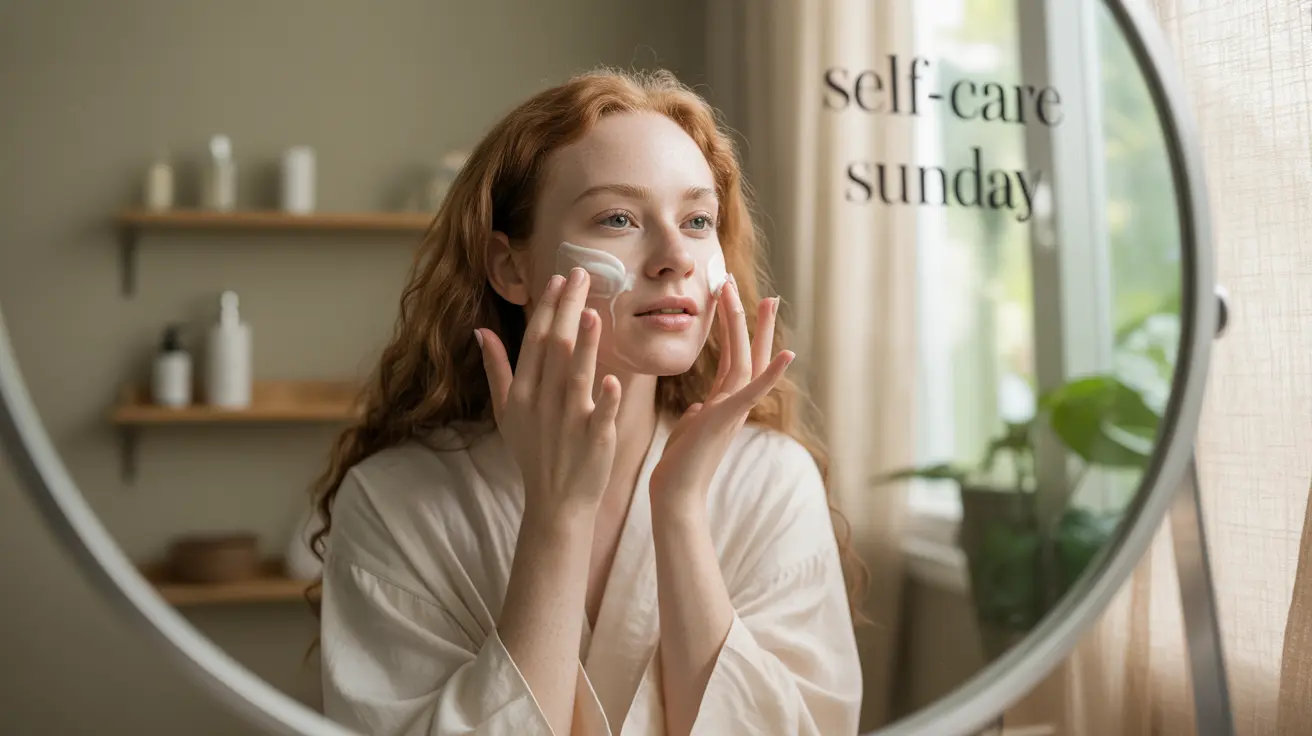Everyone desires clear, radiant skin, but achieving it requires more than just using random products or following trending skincare routines. The path to clear skin involves understanding your skin type, establishing a consistent care routine, and making smart lifestyle choices that support skin health.
In this comprehensive guide, we'll explore evidence-based strategies for achieving and maintaining clear skin, from essential skincare steps to lifestyle factors that can make a significant difference in your skin's appearance.
Building an Effective Skincare Routine
A successful skincare routine doesn't need to be complicated, but it should be consistent and tailored to your skin's needs. The fundamental steps include:
Cleansing Basics
Start with a gentle, non-irritating cleanser appropriate for your skin type. Wash your face twice daily, using lukewarm water to avoid stripping natural oils. Pat your skin dry with a clean towel rather than rubbing, which can cause irritation.
Targeted Treatment
After cleansing, apply any treatment products containing active ingredients like salicylic acid, benzoyl peroxide, or niacinamide. These ingredients can help address specific skin concerns such as acne or uneven texture.
Moisturizing and Protection
Always follow with a suitable moisturizer to maintain skin barrier health. During the day, finish with a broad-spectrum sunscreen with at least SPF 30 to protect against UV damage and prevent hyperpigmentation.
The Role of Diet and Lifestyle
Clear skin isn't just about what you put on your face—it's also about how you treat your body overall.
Nutrition for Skin Health
Focus on consuming:
- Omega-3 rich foods like fatty fish and nuts
- Antioxidant-packed fruits and vegetables
- Adequate water throughout the day
- Foods high in zinc and vitamin A
Stress Management and Sleep
High stress levels can trigger hormonal changes that affect skin health. Prioritize stress-reducing activities and aim for 7-9 hours of quality sleep nightly. Your skin repairs and regenerates during sleep, making it crucial for maintaining clarity.
Professional Care and Treatment
While many skin issues can be addressed with proper home care, some situations warrant professional attention. Consider seeing a dermatologist if you experience:
- Persistent acne that doesn't respond to over-the-counter treatments
- Sudden changes in skin texture or appearance
- Painful or cystic acne
- Significant scarring
Frequently Asked Questions
What is the best daily skincare routine to get clear skin?
The best daily skincare routine includes gentle cleansing morning and night, applying targeted treatments for specific concerns, moisturizing, and using sunscreen during the day. Consistency is key, and it's important to give new products at least 4-6 weeks to show results.
How do lifestyle factors like sleep, diet, and stress affect skin clarity?
These factors significantly impact skin health. Poor sleep can increase inflammation and stress hormones, while a balanced diet rich in antioxidants supports skin repair. High stress levels can trigger breakouts through increased cortisol production.
Which acne-fighting ingredients should I use to help clear my skin?
Key ingredients include salicylic acid for unclogging pores, benzoyl peroxide for killing acne-causing bacteria, and niacinamide for reducing inflammation. For sensitive skin, start with lower concentrations and gradually increase as tolerated.
How should I properly cleanse and care for my skin without causing irritation?
Use lukewarm water and gentle, fragrance-free cleansers. Avoid harsh scrubbing or over-washing. Apply products in order of thinnest to thickest consistency, and always patch test new products before full application.
When should I see a dermatologist for persistent acne or skin problems?
Consult a dermatologist if over-the-counter treatments haven't improved your skin after 2-3 months, if you develop painful cystic acne, or if you notice unusual changes in your skin. Professional guidance can help prevent scarring and provide access to prescription-strength treatments when needed.




